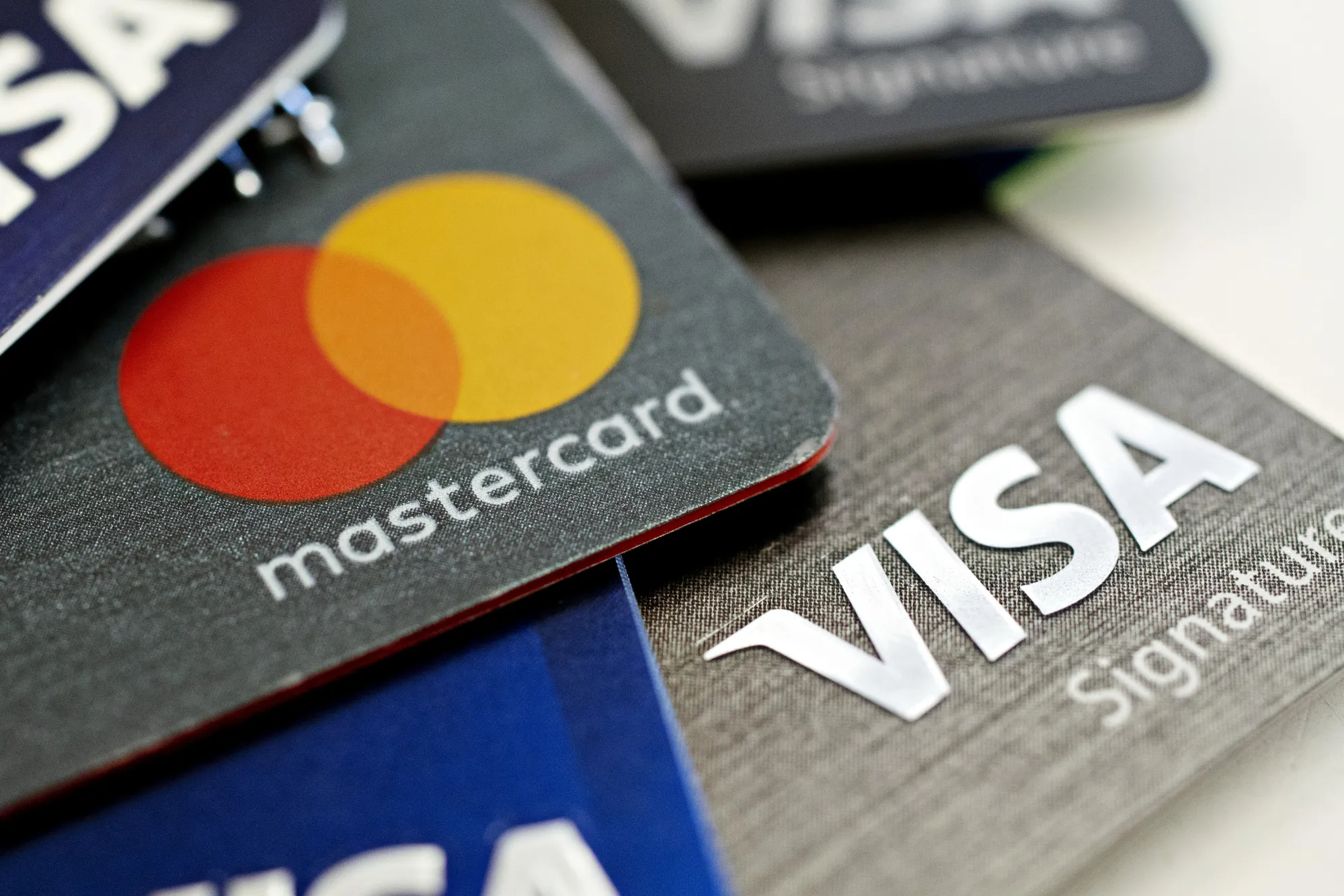The Federal Government of Nigeria is in negotiations for a $500 million loan from the World Bank aimed at enhancing basic education.
The focus is on improving learning outcomes and reducing the number of out-of-school children.
As detailed in the Programme Information Document reviewed, this loan is part of the World Bank’s HOPE for Quality Basic Education for All initiative, according to The Punch.
Set to receive formal approval by March 2025, the project is a crucial element of Nigeria’s strategy to reform its struggling education sector.
According to the PID, the total cost of the operation is $554 million, with the World Bank providing $500 million and the remaining $54 million funded through a grant from the Global Partnership for Education.
The document read, “The HOPE-Education operation will be financed by a World Bank IDA credit of $500m and a GPE grant of $54m. The bank has been selected as one of two grant agents (along with UNICEF that will manage the other $54m) for implementing the System Transformation Grant of $107.59m; programme design, oversight, and TA for implementation support will be aligned across both agents.”
The project aligns with the Universal Basic Education framework, focusing on expanding access to early childhood education, and primary, and junior secondary schooling.
The Universal Basic Education program aims to address Nigeria’s significant educational deficits, including the concerning statistic that 17.1 million children aged 5-14 are out of school.
The project will also focus on reducing disparities in enrollment, particularly in northern regions, which lag behind their southern counterparts.
The financing structure involves the Federal Ministry of Finance leading the implementation, in collaboration with the Federal Ministry of Education and the Universal Basic Education Commission.
The World Bank loan will mainly be used to enhance teaching quality through training, support community-based schools, and provide grants for improved management and infrastructure.
According to the PID, the program aims to enhance foundational literacy and numeracy skills among children while integrating data systems to monitor progress.
Additionally, it seeks to incentivize states with performance-linked grants to tackle local education challenges.
The financing model, known as Programme-for-Results, allows states flexibility in designing and implementing projects, provided they align with the operation’s objectives.
The HOPE initiative is a key component of the Nigerian government’s broader Human Capital Development strategy, aiming to cultivate an educated and productive workforce by 2030.
The document emphasizes that despite being Africa’s largest economy, over 40 percent of Nigeria’s population lives in poverty, with limited access to education serving as a significant barrier to growth.
With the loan’s approval expected in early 2025, the funds will complement existing initiatives, such as the National Home-Grown School Feeding Programme, aimed at reducing the financial burden on parents and improving school attendance.
The document added, “The operation is one of three interdependent operations strategically positioned to address different challenges, but synergistically designed to address human development. HOPE-Governance focuses on increasing the availability and effectiveness of financing, enhancing transparency and accountability, and improving the recruitment, deployment, and performance management of workers in basic education and primary healthcare; while HOPE-Primary Health Care focuses on the quantity and quality of primary healthcare services.
“These two operations should support this proposed operation, HOPE-Basic Education, to achieve its objectives by ensuring increased financial allocations that are more equitably distributed and effectively managed; raising the preparedness of teachers, increasing their recruitment and improving their distribution and attendance; and enabling children to better participate in school through improved health and nutrition.”
On September 26, 2024, the World Bank approved $500m for HOPE-GOV and $570m for HOPE-PHC.
HOPE-Education is the final project among these three related initiatives, with an expected approval date of March 20, 2025.











